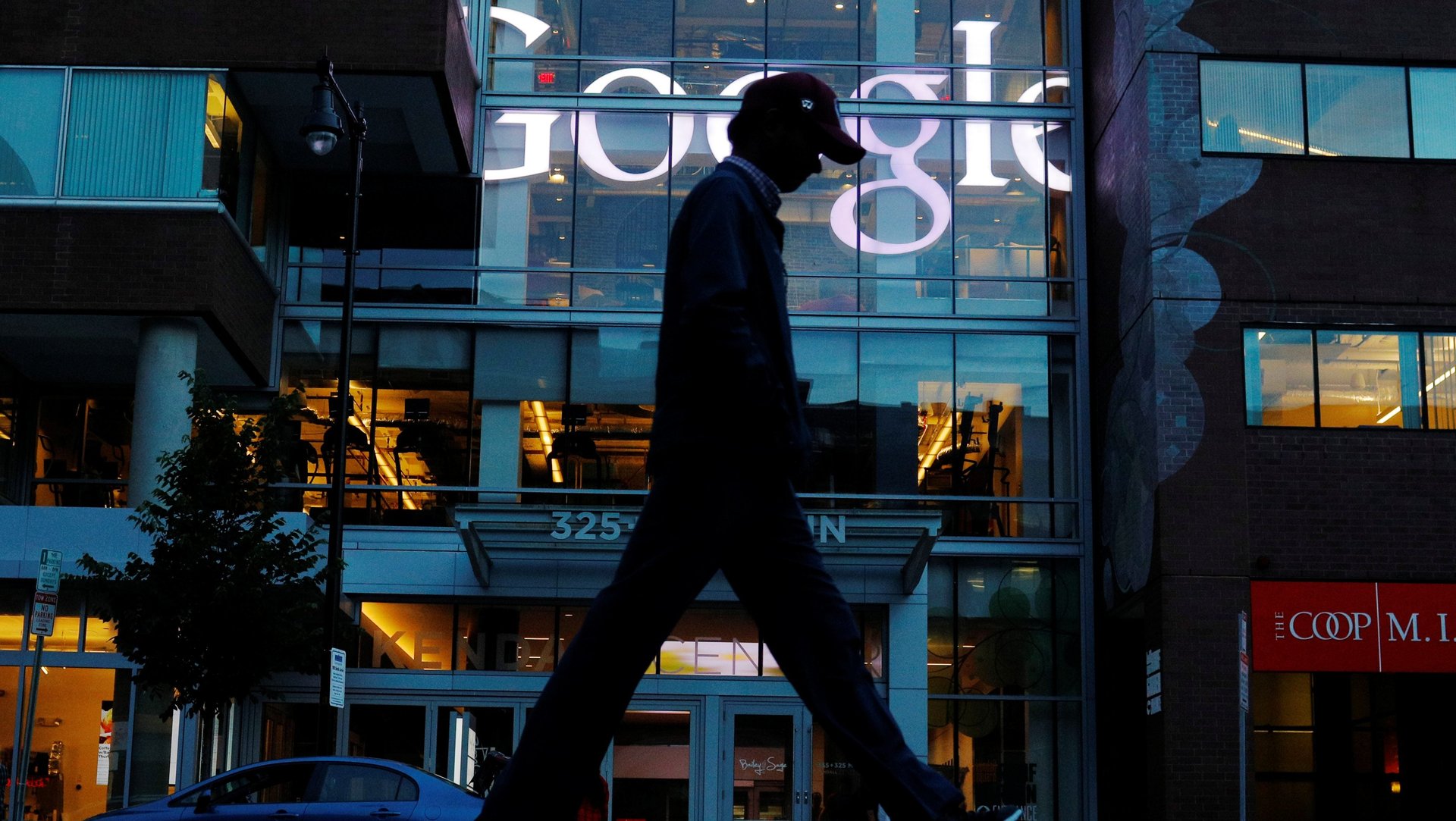Google’s diversity memo captures a hard truth about conservative and liberal biases
By now, much of the internet has read the 10-page diversity memo written by a software engineer at Google. The document, obtained by Gizmodo, criticizes the tech giant’s diversity programs and takes aim at the left-leaning bias of Google’s culture.


By now, much of the internet has read the 10-page diversity memo written by a software engineer at Google. The document, obtained by Gizmodo, criticizes the tech giant’s diversity programs and takes aim at the left-leaning bias of Google’s culture.
The memo has provoked outrage from many readers, as well as praise from Silicon Valley types who agree with at least some of the author’s arguments. But even for those who disagree with the author’s premises, the piece is worth reading as an important—if uncomfortable—look at the other side of the political aisle.
The document, titled “Google’s Ideological Echo Chamber,” complains that Google’s liberal bias is so strong that it leaves little space for opinions that diverge from prevalent views—for example, concerns about “reverse discrimination” against white men in the effort to create a diverse workforce. What the author condemns as ”intolerance for ideas and evidence that don’t fit a certain ideology” is a pithy description of perhaps the greatest political obstacle of the moment—the increasing partisan divide in the US, and Americans’ inability to communicate with one another across party lines.
“Political orientation is actually a result of deep moral preferences and thus biases,” the memo’s author writes. He outlines a few of those moral biases:
Left Biases
Right Biases
Compassion for the weak
Disparities are due to injustices
Humans are inherently cooperative
Change is good (unstable)
Open
Idealist
Respect for the strong/authority
Disparities are natural and just
Humans are inherently competitive
Change is dangerous (stable)
Closed
Pragmatic
The memo’s author is correct: these are not just political positions, they are mutually exclusive world views. And that explains why compromise, or even productive debate, is so difficult to come by—in individuals’ personal and professional lives as well as in politics.
At a company like Google, where a liberal ideology is prevalent, it’s easy to see why a lot of people wouldn’t be interested in debating a possible biological justification of lack of diversity. (“The Left tends to deny science concerning biological differences between people (e.g., IQ and sex differences),” writes the memo’s author.) The science behind such claims is questionable. But the idea also contradicts the liberal world view, which holds that disparities are caused by injustice, and reinforces the conservative world view, which is that disparities are natural.
Consider how these biases apply to the debate around health-care reform in the US. Progressives think it’s unjust when some of the population is denied access to life-saving medical care; conservatives argue that obtaining health care is a personal responsibility. Similarly, the debate around immigration reform centers around the question of whether it is better to protect the rights of marginalized people, or protect authority.
The memo’s list of biases is an effective breakdown of the findings of social psychologists Jon Haidt and Jesse Graham in their research on America’s “culture war.” The researchers found that liberals and conservatives have different “moral foundations” which they use to interpret the world and inform their decisions. Liberals put the most emphasis on empathy and equal opportunity. Conservatives care about those things too—but they care equally about loyalty, authority, and sanctity. (You can read more about the researchers’ “Moral Foundations Theory” here.)
In this light, it makes sense that it’s nearly impossible to have a calm discussion about say, diversity programs at Google—because it means calling an entire system of values into question. The polarized response the memo is getting—which either defends it or condemns it wholesale—proves the author correct on this front. Because we care so much about our core values and beliefs, ”ideas and evidence that don’t fit a certain ideology” are very difficult to discuss.